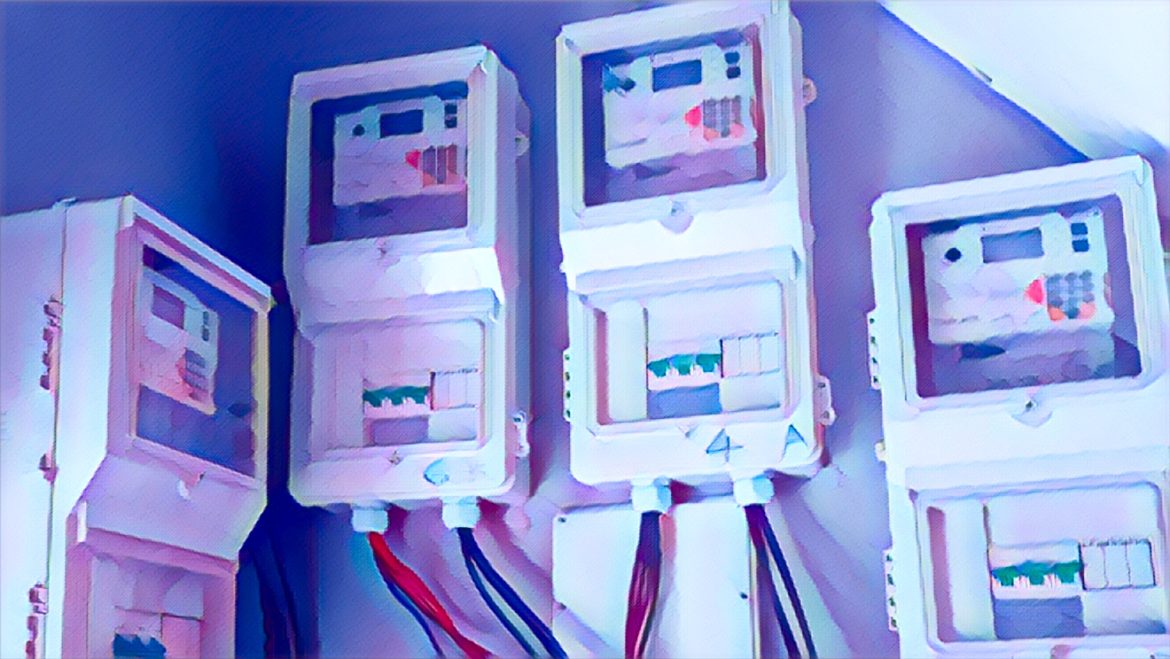Key Points
-
₦28 billion bailout supports DisCos in free meter rollout for Band A and B users.
-
NERC sets strict procurement deadlines and penalties for non-compliance.
-
Initiative aims to close Nigeria’s 7 million-meter deficit and reduce estimated billing.
Nigeria’s electricity regulator has approved a ₦28 billion bailout to help distribution companies (DisCos) speed up the rollout of free meters. This is meant to close the country’s huge metering gap and win back customers’ trust.
The Nigerian Electricity Regulatory Commission (NERC) announced the initiative on Monday. It is part of the newly activated Meter Acquisition Fund (MAF) framework, which is meant to help households and small businesses buy a lot of meters.
The bailout is one of the biggest direct actions taken in the power distribution sector this year. It is seen as a key step towards getting rid of estimated billing, a problem that has caused customer complaints and lost revenue throughout the power value chain for a long time.
Free meter rollout gets a boost of 28 billion
Under the new order, NERC divided the ₦28 billion among eleven distribution companies. Ikeja Electric got ₦5.47 billion, Eko Electricity Distribution Company got ₦4.36 billion, Ibadan Electricity Distribution Company got ₦4.26 billion, Abuja Electricity Distribution Company got ₦3.31 billion, and the rest, including Kano, Enugu, Jos, Benin, Kaduna, Port Harcourt, and Yola DisCos, shared the rest.
According to a report by the Punch news, Sanusi Garba, the chairman of NERC, says that the free meter rollout is mostly for unmetered Band A and Band B customers. These are the groups that use the most electricity in Nigeria and are the most consistent. He said the order was needed to make sure that billing was fair and to cut down on systemic losses that could hurt DisCos’ cash flow.
Garba also said that the meters given out as part of the program will be completely free for customers. The Meter Acquisition Fund will pay the DisCos back for the cost of buying the meters.
NERC sets stricter deadlines and more oversight
The commission’s order also set strict deadlines for when things had to be done. DisCos have ten days to start buying things after getting approval, and they have fifteen days to show NERC their chosen Meter Asset Providers (MAPs). After being checked out, the MAPs are supposed to deliver and set up meters within seven days on a “first-come, first-served” basis.
NERC said that payments to MAPs will be made in two parts: 60% when the work is done and 40% when the work is verified. This is to make sure that everyone is held responsible. Companies that put off installations will have to pay fines, which will come directly out of their operating budget.
Garba stressed that all installations for this part of the free meter rollout must be finished by December 31, 2025. He said, “Our goal is to close the metering gap as quickly as possible while protecting customers from unfair billing.”
What the bailout means for customers and DisCos
Nigeria still has a huge metering gap, with more than seven million customers still not having their meters read. This is about 46 percent of all grid-connected users. The new ₦28 billion fund is meant to cover hundreds of thousands of new meters in the first phase. Most of these will be for homes and small businesses.
The bailout gives DisCos the financial help they need. Ibadan, Benin, and Kaduna DisCos are just a few of the distribution companies that are struggling with debt and cash flow problems because of low tariffs, unpaid bills, and bad infrastructure. Analysts say that the injection could improve operational performance and give investors more faith.
Adeola Yusuf, an energy economist, said that the program could also cut down on electricity theft and make things clearer. He said, “The trust gap closes when customers have working meters.” “That’s good for both getting money and making customers happy.”
Even though people are hopeful, people who work in the industry say that execution will determine success. If the free meter rollout is late or doesn’t work well, it could make people less trusting and waste public money. But if it is managed well, the intervention could set a new standard for Nigeria’s struggling power sector.


